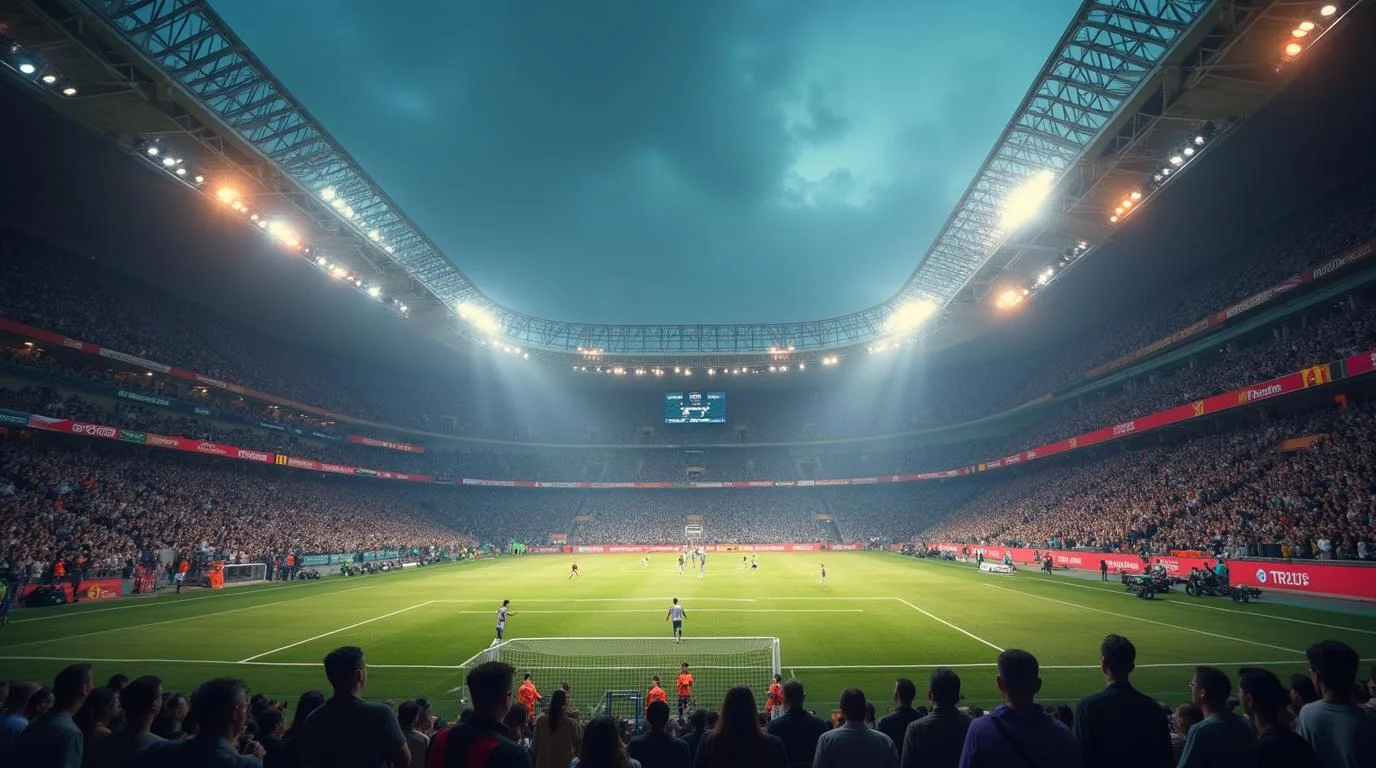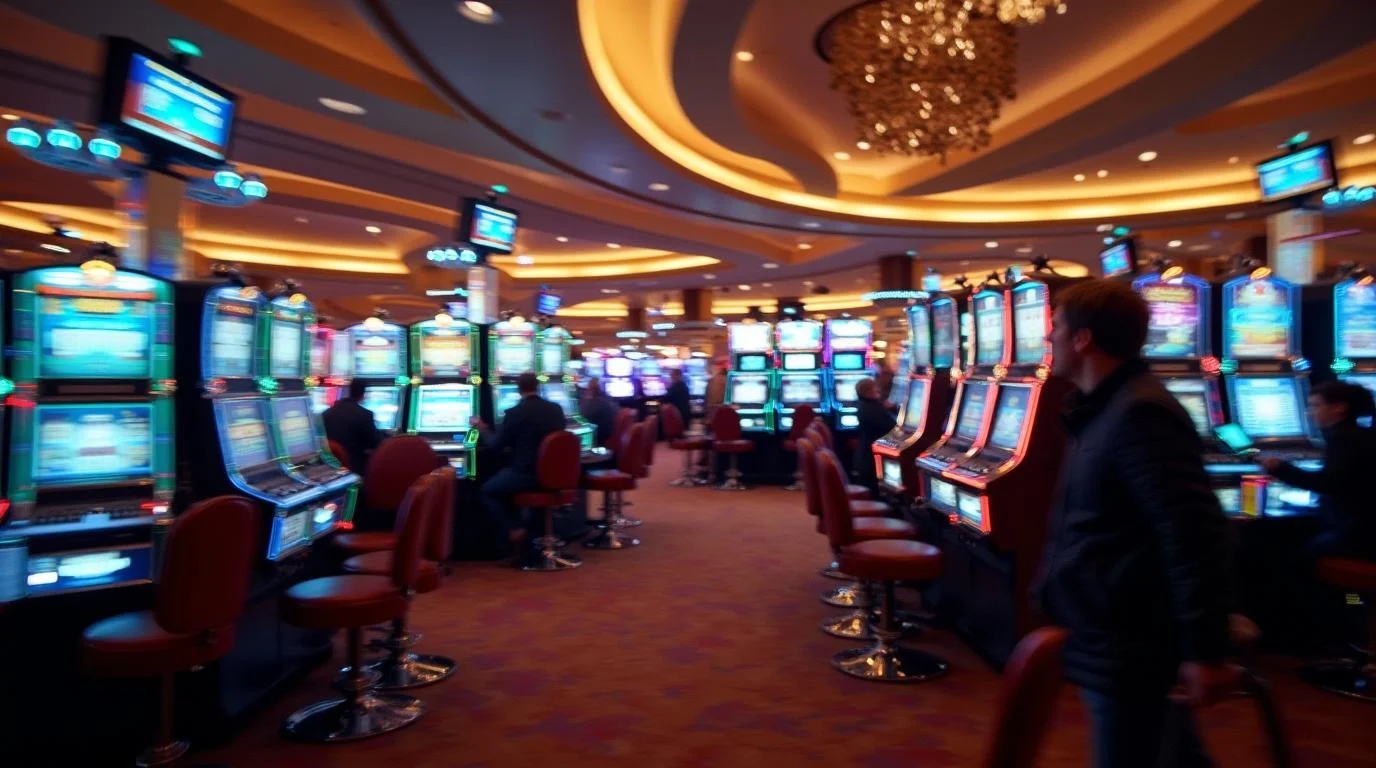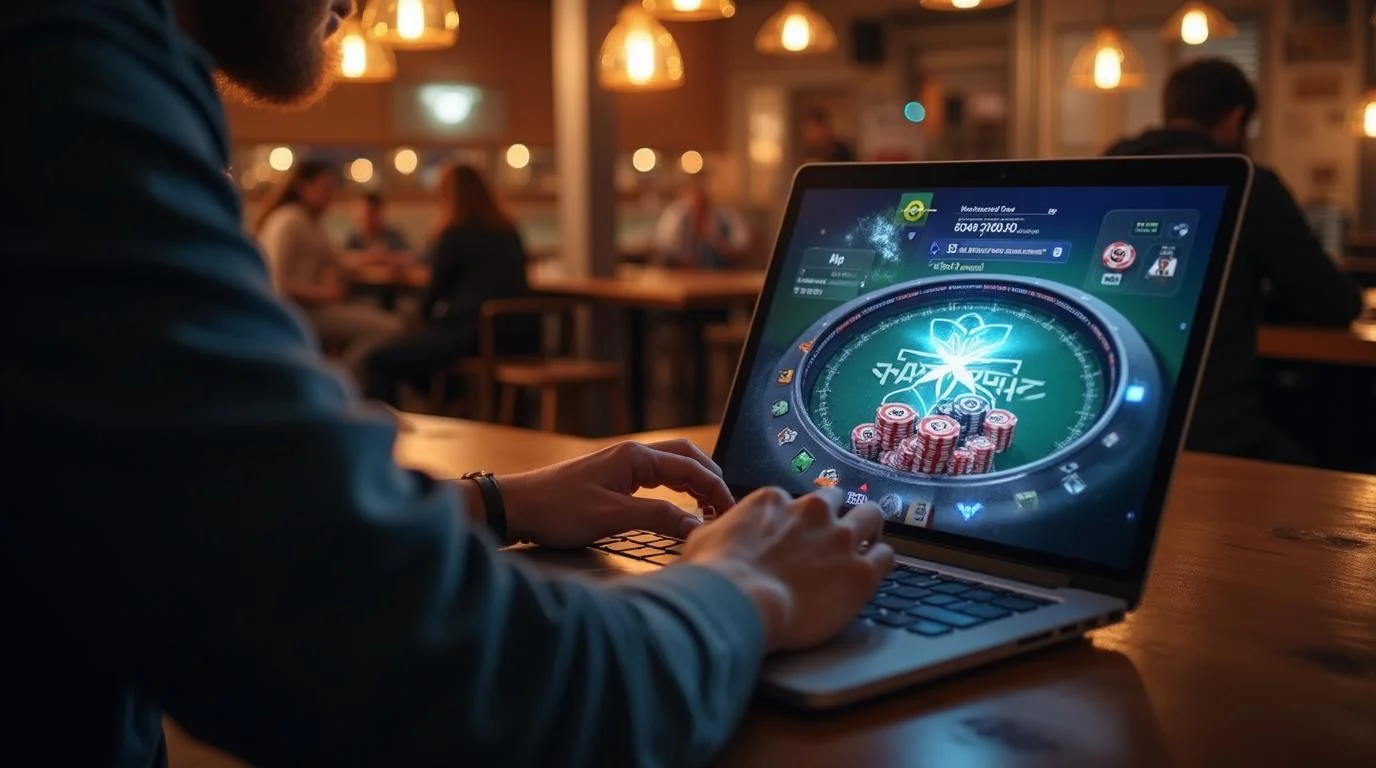Cyberconventions in Las Vegas Mean One Thing: Resorts World Beefs Up Security Inspections

1.0
Default
With two ongoing cyberconventions in Vegas this week - Def Con 32 at the Las Vegas Convention Center and Black Hat USA in Mandalay Bay - Resorts World has amped up security inspections in its guest bedrooms, where experts in cybersecurity check the rooms for hacking tools and equipment.
Resorts World Las Vegas guests have encountered an unexpected disruption this week: daily room inspections, even when 'Do Not Disturb' signs are prominently displayed. These inspections, carried out by cybersecurity experts scanning for hacking equipment, are believed to be a proactive measure in response to two significant back-to-back cybersecurity conventions happening in town.
Full speed ahead for the ongoing cybersecurity conventions
The inspections began on Monday, and will continue until Sunday, coinciding with the schedules of Black Hat USA and Def Con 32. Black Hat USA, which began at Mandalay Bay last Saturday, lasts all the way until Thursday. Meanwhile, the Def Con 32 convention will take place at the Las Vegas Convention Center from Thursday until Sunday. Both conventions draw a diverse crowd of government officials, cybersecurity experts, business executives, and even hackers eager to explore the latest advancements in cybersecurity and engage in discussions on industry trends and issues.
In a statement to the Las Vegas Review-Journal, Resorts World emphasized their commitment to guest privacy and convenience. "These inspections are conducted with the highest respect for our guests' privacy and convenience, following strict protocols to ensure minimal disruption to their stay," the statement read.
A history of big-time hacking
Although Resorts World has not been targeted, everyone remembers the cyberattacks on the Las Vegas Strip, and the memory of that fateful day looms large. In September of 2023, both Caesars Entertainment and MGM Resorts International, the two largest casino operators on the Strip, fell victim to cyberattacks by the hacking group Scattered Spider.
MGM's refusal to pay a ransom resulted in over $100 million in losses due to severe disruptions across their US resorts. In contrast, Caesars opted to pay a ransom reportedly worth $15 million. While no direct link has been established between these attacks and the cyberconventions, Resorts World is determined not to take any chances.
"These inspections are a standard practice in many of Las Vegas' premier hotels, particularly during periods of increased foreseeable risk, where vigilance is critical," the resort stated. It added that these inspections are a precautionary measure intended to enhance their on-site security presence (both cybersecurity and physical security), maintain the integrity of their property's services, and safeguard their guests, partners, and staff against potential threats and cyberattack.
A much heightened security landscape
The heightened security measures at Resorts World reflect a broader trend in the hospitality industry, especially in cities like Las Vegas that frequently host high-profile events. Cybersecurity conventions like Black Hat and Def Con are known for attracting a wide array of attendees, from legitimate cybersecurity professionals to those with potentially malicious intent.
Black Hat USA, in particular, is known for its intense training sessions and briefings on the latest threats and defenses, and it serves as a crucial forum for industry professionals. Def Con, on the other hand, is known for its more open and community-driven approach, where hackers, researchers, and enthusiasts share knowledge and compete in various challenges.
For Resorts World and other major hotels on the Strip, these conventions represent both an opportunity and a challenge. On the one hand, they bring in thousands of guests, boosting hotel occupancy rates and revenue. On the other hand, they necessitate enhanced security protocols to prevent any potential cyber threats.
A thin line between security and hospitality
Navigating the fine line between security and hospitality is no small feat for resorts like Resorts World. Ensuring the safety and security of guests while maintaining a welcoming and comfortable environment requires careful planning and execution.
As cybersecurity threats continue to become more complex, so too will the measures taken by hospitality providers to counter them. For now, guests at Resorts World can rest assured that their safety is being prioritized, even if it means a slight inconvenience during their stay.




















